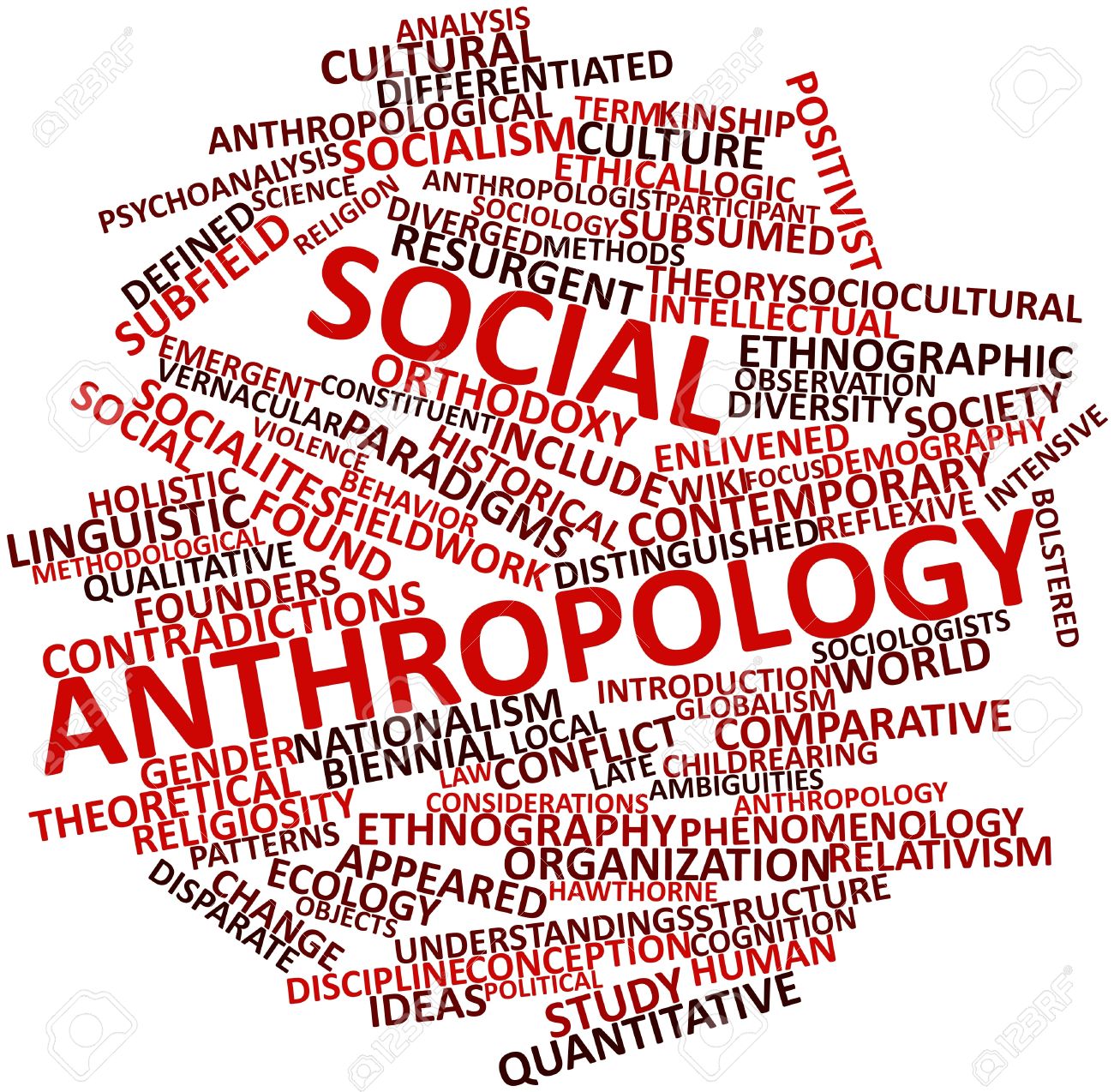Greetings from a rainy Olympia, Washington, friends. I am really fine with it raining, cause if the weather was warm and sunny it would only make it more difficult to be stuck in my office for countless hours working on writing papers and reading academic articles and books for my degree program. However, it is with some degree of joy, accomplishment and relief to share with you that I have just completed the first paper for my first course in the Doctor of Missiology program through Biola. I know I went way over the top in my work on this paper, but it was my first one, and I’m on a fairly steep learning curve trying to figure out how to do academic research online, create a paper that blends thesis, scholarly literature research, qualitative research through interviews and observation, and synthesizes everything together with some relevant conclusions.
The paper was for my Social Anthropology class, which I took over the summer. The not-so-good news is that I still have to write the major paper for my Honor/Shame class from the summer, and also continue keeping up with all assignments for the Foundations of Doctoral Research online class I’m currently in. There were many requirements for the paper, and the professor was very specific about exactly what she wanted, but I believe I have met all of her requirements, and given her more than she bargained for. The paper needed to be a minimum of 25 pages. Mine ended up being 60 pages. OK, can you say, “Over-achiever!?!” I keep telling myself to chill out and relax and aim a bit lower, but it doesn’t seem to be in me. However, there is a shorter timeline for when this next paper is due, so I need to get cracking, as well as continuing to do the training in Africa that I love so much (I leave Thursday, Lord-willing – if I get my visa in time, for Congo).
So just in case any of you are having trouble sleeping at night (reading this paper might just do the trick for you!) or happen to be incredibly interested in “Empowerment through Education in Africa,” I will share a bit of the introduction with you and attach a link so you can download it if you desire. I will share with you that I’ve learned a great deal through the process of researching and writing this paper, and although my fingertips have bruises on the ends (might also be a sign of my over-intensity?!?), I appreciate the experience and am looking forward to continuing in the researching and writing process. Here are a couple exerpts:
The focus of this paper is the exploration of how education and training can help to empower Africans to achieve their goals, particularly in the church. Special attention will be given to theological and ministry training, such as Bible training, for the empowerment of African pastors, equipping them to be more effective ministers in their communities. … The thesis of this paper is that appropriate education and training is a critical, but often missing, element in helping to empower Africans to achieve sustainable and effective results which they desire. Through effective educational strategies and methods, Africans can and will be empowered, and in the church, this will mean healthier pastors and congregations, more effective ministries, and a growing expression of the kingdom of God throughout Africa. As will be discussed, it is my conclusion that through culturally relevant, effective and beneficial means of educating African pastors in various areas, they will be greatly empowered to fulfill their calling, lead their churches well and execute their ministries. In addition, as they are empowered, they will then have a model to reproduce these trainings to many others, thus multiplying the empowerment process.
The key points which will be focused upon in this paper are as follows:
- Understanding education and training in Africa, including the critical need for training, especially in view of the lack of formal training available for most pastors.
- Defining and understanding the basics of empowerment.
- Exploring some cultural and sociological challenges in educating Africans toward empowerment, such as power/fear constructs, historic misconceptions of power, cultural conditionality, competition, confusion in the church and cross-cultural “micro-aggression” which create barriers to empowerment. Also attention will be given to specific challenges in the African church related with leadership issues making empowerment more difficult.
- How training and education can lead to empowerment rather than disempowerment of Africans, specifically offering power to Africans and power with Africans in ministries and in communities. Included in this section is a brief consideration of learning styles, since the majority of Africans are oral learners. Also considered are issues of the empowerment of laity, and the importance of the relationship between student and supervisor in the empowerment process, and how these issues can influence effective education toward empowerment.
- There will be numerous contextualized suggestions, strategies, philosophies and methodologies explored for how empowerment through education can best be realized in Africa, specifically in pastoral training.
- An investigation of and research into scholarly literature relating to these issues.
- Qualitative interviews of Africans and “experts” relating to these issues.
- Synthesis and analysis of this material and some final conclusions.
If you are so inclined, feel free to click this link ( final-paper-social-anthropology.pdf ) to download or view the paper in its epic entirety!
Pressing on for the glory of the King, Eric


